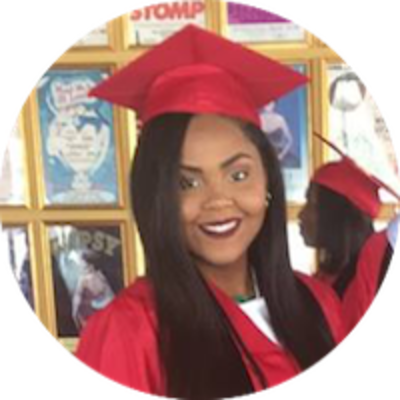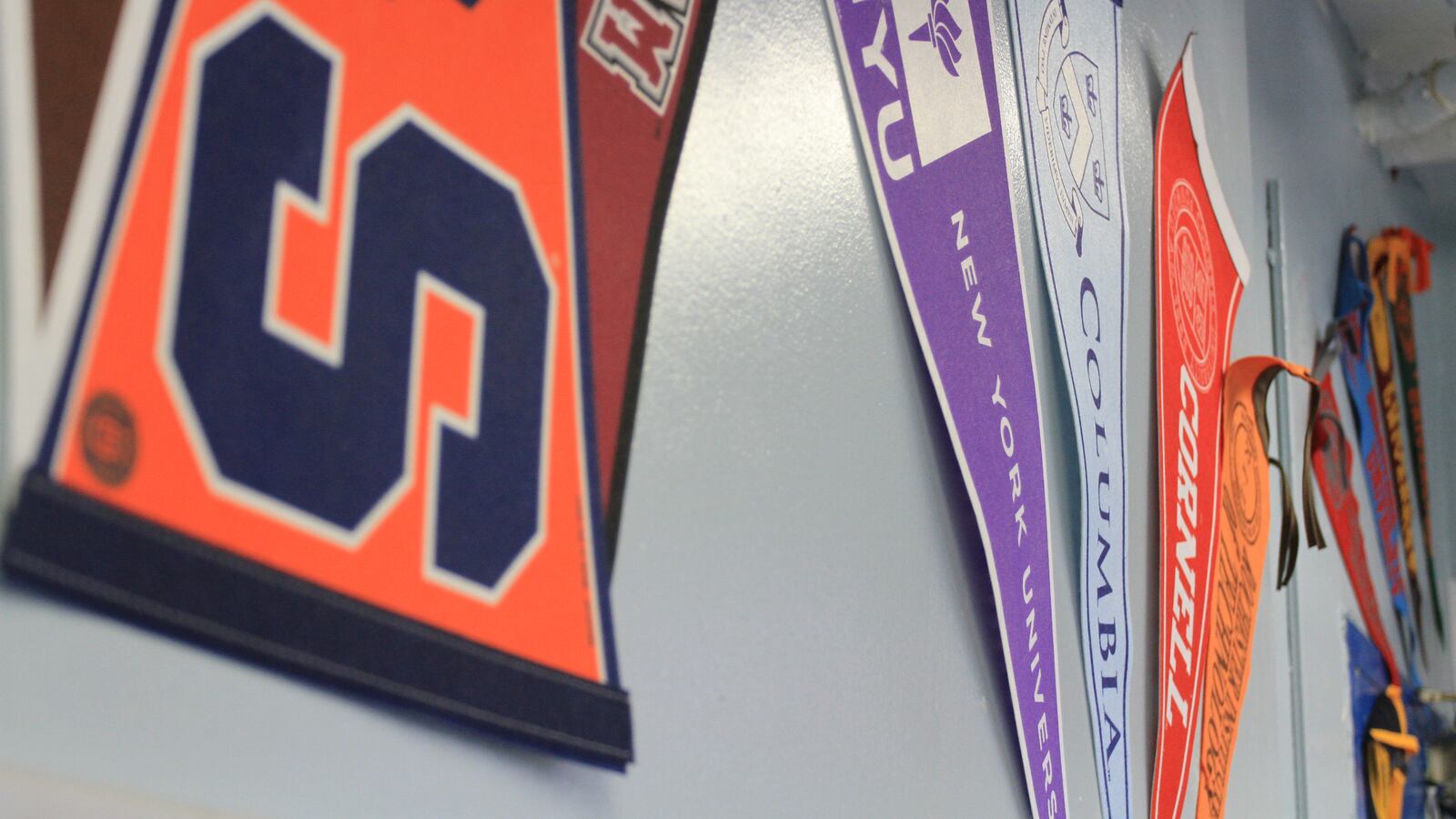
High schools have become obsessed with “million-dollar scholars,” and it’s hurting students.
Across Memphis, students often are pushed by counselors to apply to as many colleges as possible — as many as 100 — all to push students to reach that million-dollar scholarship mark. The more dollars and college acceptance, the better!
I graduated in 2016, and my experience offers a case study.
I’m a pretty well-rounded individual: In high school, I was a finalist in the Let’s Innovate Through Education program and was able to launch SousChef-Memphis, a culinary nonprofit organization. I was a dual-enrollment student and took honors courses. I was committed to community service. I was vice president of my high school organization, Modern Distinctive Ladies. I was on the bowling team, managed the basketball team, and participated in debate forensics and drama.
I was also told by counselors to apply to 100 colleges. I was never told why that number was chosen, but my peers were told the same. We were often pulled out of class to complete these applications, which took away from instructional time — about an hour per day. My high school also ran on an infraction system, and not turning in college applications and other documents led to disciplinary actions.
The quality of those applications only shed a dim light on the student and person that I am. A hundred applications was never my goal. A hundred applications doesn’t measure the capability, intelligence or worth of me as a student. A hundred applications is just ridiculous!
Schools with similar approaches, though, get glowing media coverage. Meanwhile, a lot of that scholarship money is irrelevant, since a single student obviously can only attend one school.
I think that if I had been counseled properly, I would have had a better grasp on my high school-to-college transition. I ultimately chose to leave Memphis to attend another state university on a full scholarship. Looking back, that school was not the best fit for me. I returned to Memphis to attend our local public university.
A counselor never tried to determine what the absolute best school for me would be. I wasted a lot of time, money and resources trying to figure that out. And I almost lost myself in the process.
I was more than capable of getting back on track, and I did. But not every student can afford to go through what I went through.
High schools need to realize that, while students amassing millions of dollars in scholarships and hundreds of college acceptance letters seems like an accomplishment, the outcome for many students is the total opposite.
Too many students end up not going to a school that is the best fit for them, taking on piles of debt, and dropping out with no workforce experience.
The goal should be that each high school student will graduate having a grasp on their career path (and experience in that field), scholarships to the school of their choice (full rides or little to no debt), and be confident in where they will be spending the next four to six years of their life. Being thorough in the college search and submitting quality applications is what leads to a college that is the best fit for the student, obtaining scholarships, and ultimately graduating.
Here’s what I wish a counselor had told me:
"It is time to start thinking about quality over quantity. Quality counseling. Quality applications. And quality choices about what to do next."
Anisah Karim
Try things you like, but don’t overload yourself. Look for summer internships that pay, rather than minimum-wage jobs. Build a network of people who can help you make good decisions about college and work. Research schools with a major you’re interested in, and find out what scholarships they offer. Keep an eye on your GPA and make sure you’re taking the classes you need to graduate. Apply for colleges when applications open and submit the FAFSA form in October.
And most importantly, through all four years of high school, don’t be afraid to ask for help.
It is time to start thinking about quality over quantity. Quality counseling. Quality applications. And quality choices about what to do next.
Anisah Karim is a psychology student at the University of Memphis. She plans to continue her education in speech pathology and otology and eventually start her own private practice. She also plans to launch two new business ventures in the fall and relaunch SousChef in the fall of 2018.
About our First Person series:
First Person is where Chalkbeat features personal essays by educators, students, parents, and others trying to improve public education. Read our submission guidelines here.

